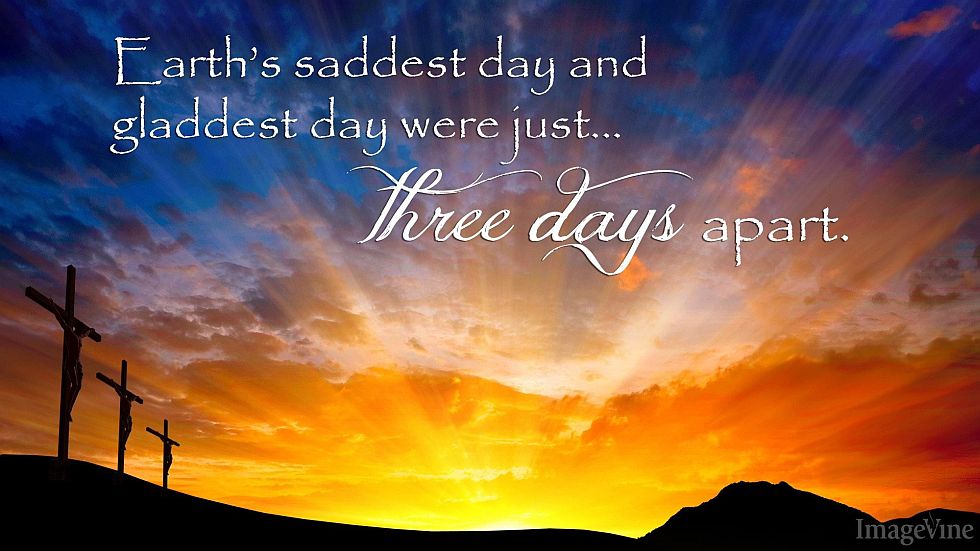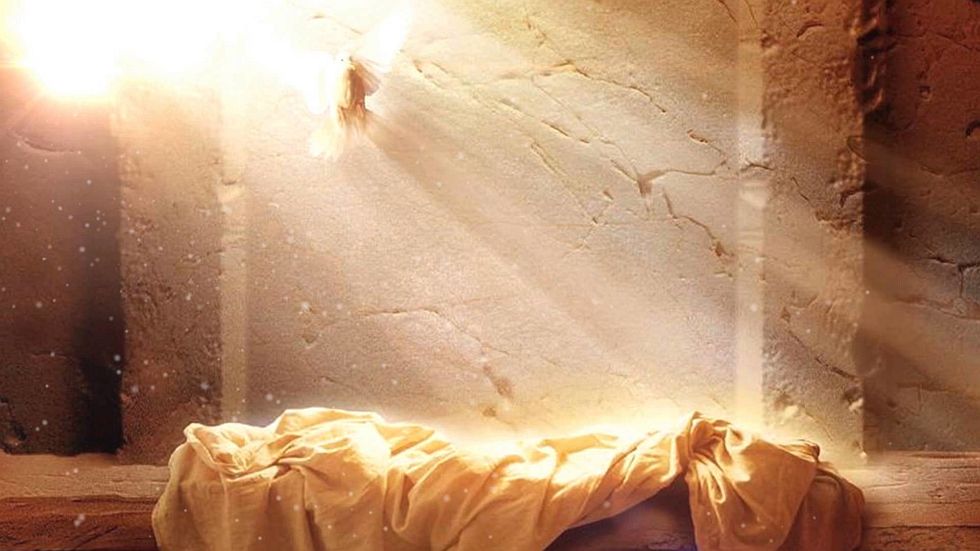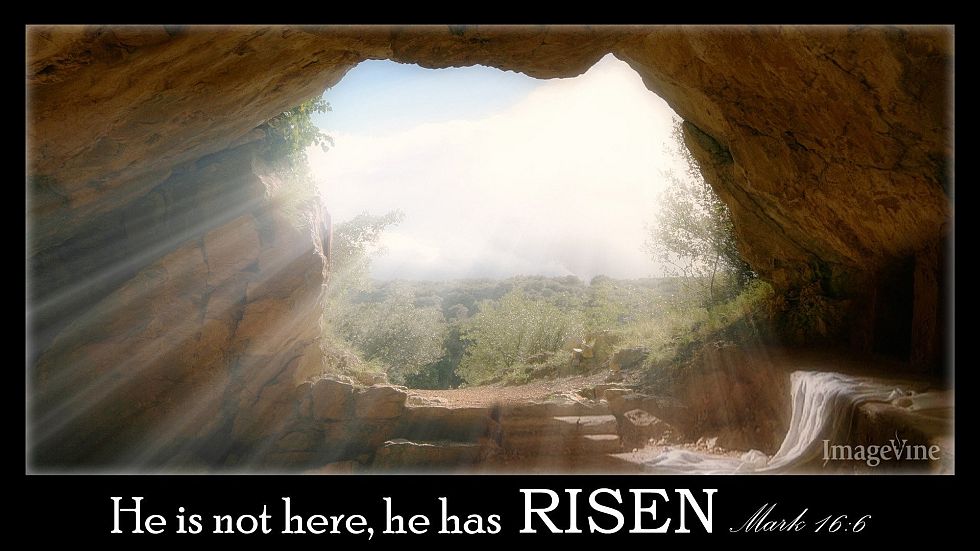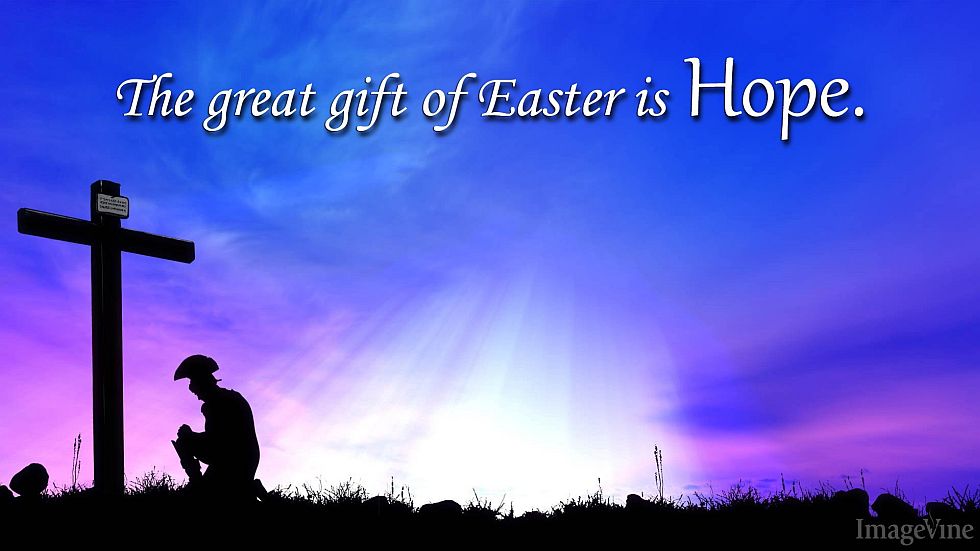More than three months into lockdown, any sense of novelty has well and truly worn off and the scale of the impact of this pandemic on everyone’s lives deepens almost daily. Working together is not just the new normal for neighbours and local communities, but for countries and multinational companies. Nowhere is this more apparent than in the race for a COVID-19 vaccine.
This article is one in a series (Connecting with Culture) from the the London Institute of Contemporary Christianity.
In the Spring, leaders in governments, universities and private companies hurried to form alliances that they hoped would enable the production of a vaccine in record time. These organisations are used to working together, but current pressures are making some willing to collaborate at a level we might previously have thought impossible. As Paul Hudson, CEO of big pharma company Sanofi, said in the announcement about their collaboration with GSK: ‘As the world faces this unprecedented global health crisis, it is clear that no one company can go it alone.’
Another major development was the ‘COV-access agreement’ between 20 countries and organisations – including the UK – to coordinate research and give equal access to new vaccines and treatments around the world. This means that while everyone will share the results of any successful vaccine produced by any of these countries or organisations, it can first be used to treat those who need it most.
The historic collaborations that are making this ground-breaking science possible are not necessarily unselfish, but the fact that people are working together is worth celebrating. The gospel is a story of unity: people being reconciled to God, to each other, and to the rest of creation. When hints of reconciliation occur in wider society – pointers to what is possible in a more long-lasting way with God’s help – we can rejoice and affirm them, rather than joining in with the endless blaming and shaming that take up so many people’s attention.
We can also encourage anyone in our own congregations who is involved in science. Many scientists have a sincere Christian faith and want to use their skills, with God’s help, to share his love in practical ways. Science is about understanding God’s creation and learning how to interact with it wisely so that both people and the rest of creation can benefit in the long-term. Supporting the scientists in our midst – so that they do not have to go it alone – is one of the ways we can love both the church and wider society.
Ruth Bancewicz is Church Engagement Director at The Faraday Institute for Science and Religion, Cambridge, and a member of Christians in Science
This article is one in a series (Connecting with Culture) from the the London Institute of Contemporary Christianity.






